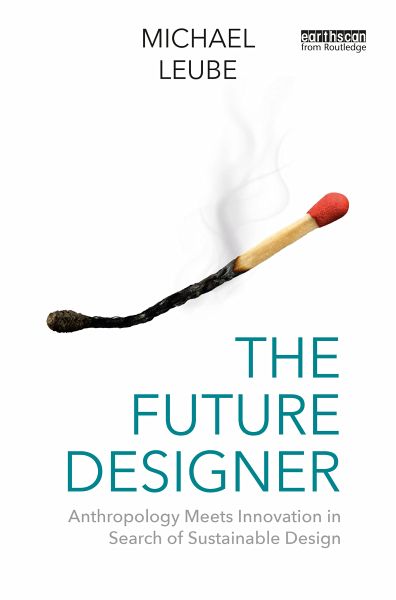
The Future Designer
Anthropology Meets Innovation in Search of Sustainable Design
Versandkostenfrei!
Versandfertig in 1-2 Wochen
53,99 €
inkl. MwSt.
Weitere Ausgaben:

PAYBACK Punkte
27 °P sammeln!
This book blends anthropological perspectives with philosophy and cognitive science, advocating for a transformation of the existing design curriculum. It will be useful for those studying and teaching design and anthropology, and practicing designers and engineers interested in learning how to design for social and ecological awareness.














